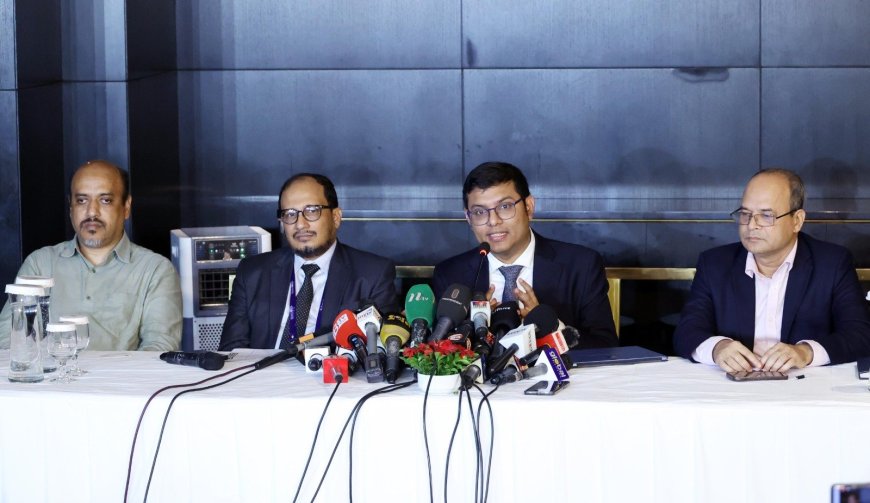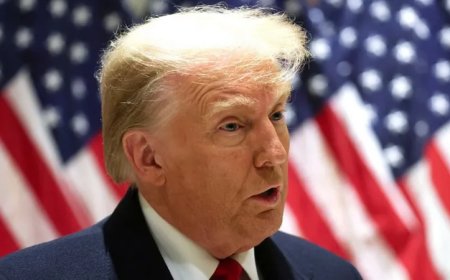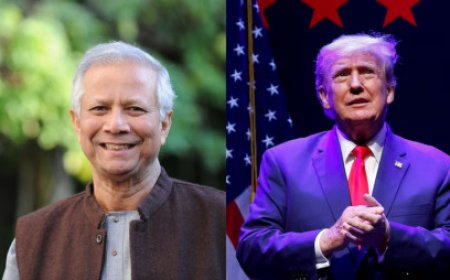BIDA emphasizes the need to develop a detailed roadmap to ensure the full success of the investment summit
BIDA emphasizes the need to develop a detailed roadmap to ensure the full success of the investment summit

A comprehensive roadmap, spanning a timeframe of 18 to 24 months, will be developed to ensure the Bangladesh Investment Summit 2025 delivers tangible and lasting outcomes.
“We will create an investment pipeline involving the companies and individuals who expressed interest during the summit. Subsequently, follow-up activities will be carried out based on this pipeline,” said Nahian Rahman Rochi, Head of Business Development at the Bangladesh Investment Development Authority (BIDA), speaking on the final day of the summit at Hotel Intercontinental.
He added that during the follow-up phase, investors will be encouraged to outline the additional steps needed to materialize their proposed investments, as well as identify potential challenges and viable solutions.
BIDA Executive Member Shah Mohammad Mahbub and Bangladesh Economic Zones Authority (BEZA) Director General Doyananda Debnath were also present at the event.
Nahian noted that throughout the summit, participants were given in-depth insights into Bangladesh’s investment vision, mission, and business culture.
Based on the ‘FDI Heatmap’, four thematic sessions were held, focusing on digital economy, apparel and textiles, agriculture and agro-processing, and healthcare. These were complemented by breakout discussions and matchmaking sessions between foreign and local investors.
“The aim is to establish a robust investment pipeline by aligning interested investors with specific sectors,” Nahian explained, adding that the summit drew the participation of approximately 450 foreign investors.
Beyond formal investment agreements—such as those with Hanger Group and ShopUp—many attendees made informal commitments to invest in the near future.
He also highlighted that investors are currently facing fewer barriers, thanks to ongoing efforts to streamline the investment environment. “For example, we’ve already resolved the issues related to the Korean EPZ,” he said.
Executive Member Shah Mohammad Mahbub emphasized that this year’s summit marked a shift from previous editions, which were largely confined to meetings and seminars. “This time, there were expanded opportunities for B2B and B2G engagements, as well as interactions with political party leaders,” he said.
Investors engaged in discussions on Bangladesh’s trade landscape, investment opportunities, and potential challenges, and inquired about the continuity of current policies in the event of a political transition.
What's Your Reaction?





















































































